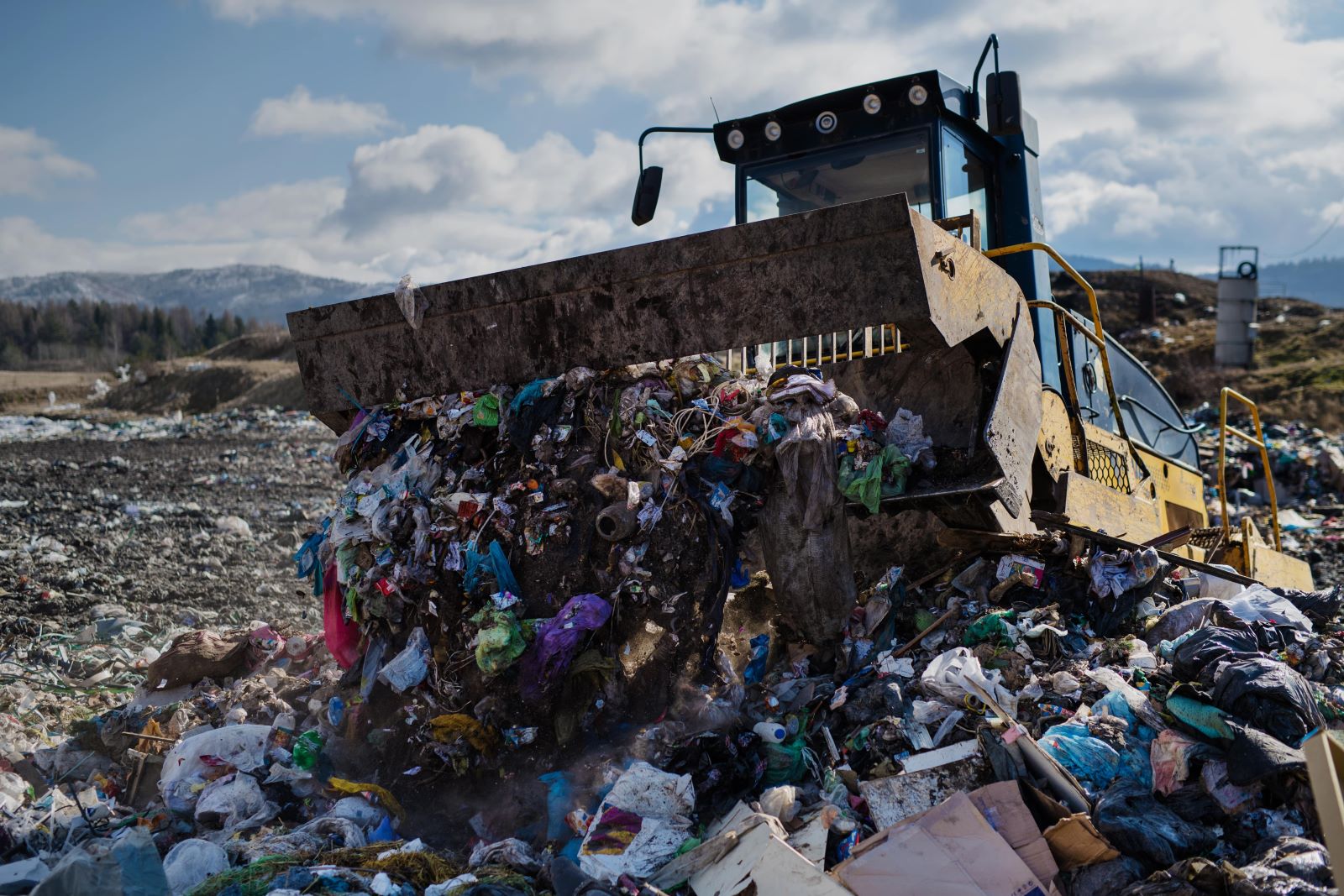Waste Management Companies in South Africa: Textile Waste
The appeal of fast fashion has transformed our attitude to garment consumption in today’s fast-paced fashion scene, yet its hidden environmental consequences are rising. A-Thermal delves deep into the substantial impact of textile waste generated by the fashion industry, shedding light on the staggering environmental consequences that accompany our love for new trends. As we uncover the hidden truths behind textile waste, A-Thermal also presents innovative solutions aimed at alleviating this pressing environmental burden and fostering a more sustainable future for fashion waste management companies in South Africa.
Understanding Textile Waste
Textile waste encompasses a vast array of discarded items including clothing, fabric scraps, and unsold inventory, collectively contributing a substantial portion to global waste streams. The pervasive influence of fast fashion, marked by its rapid production cycles and fleeting trends, has markedly intensified this issue. Annually, millions of tons of textiles find their way into landfills or are incinerated globally, presenting profound environmental and social challenges that necessitate urgent attention and sustainable solutions by waste management companies in South Africa.
Landfill Overflow and Pollution
Textiles disposed of in landfills undergo slow decomposition, releasing methane – a potent greenhouse gas – into the atmosphere over extended periods. Additionally, synthetic fibres have the potential to leach harmful chemicals into soil and water, posing significant risks to both ecosystems and human health. These environmental impacts underscore the critical need for proactive measures to reduce textile waste and transition towards more sustainable practices in the fashion industry.
Resource Depletion
The production of textiles is a highly resource-intensive process, consuming vast quantities of water, energy, and raw materials. This substantial demand contributes significantly to environmental degradation, including habitat destruction and biodiversity loss. Rapid consumption and disposal patterns inherent in fast fashion perpetuate this cycle of resource depletion, exacerbating the strain on natural ecosystems and accelerating climate change impacts. Addressing these challenges requires a systemic shift towards sustainable production practices and responsible consumption habits to mitigate environmental harm and promote long-term ecological resilience.
The Role of Fast Fashion
Fast fashion promotes rapid turnover of clothing styles at low prices, encouraging consumers to purchase frequently and discard quickly. This model prioritises profit and trendiness over sustainability, perpetuating a cycle of waste generation.
Embracing Sustainable Fashion
Transitioning towards sustainable fashion practices involves prioritising quality over quantity and investing in timeless, durable clothing. Supporting brands that emphasise ethical production, fair labour practices, and eco-friendly materials reduces overall textile waste.
Promoting Circular Fashion Economy
Implementing circular economy principles encourages recycling, upcycling, and reusing textiles to extend their lifecycle. Initiatives like clothing swaps, rental services, and textile recycling programs divert textiles from landfills and promote resource conservation.
Educating Consumers
Raising awareness about the environmental impact of fast fashion empowers consumers to make informed choices. Educating about sustainable shopping habits, such as buying second-hand, repairing clothing, and donating unwanted items, fosters a culture of conscious consumption.
Commitment to Sustainability
At A-Thermal, we advocate for sustainable practices that mitigate textile waste’s environmental impact. By partnering with fashion brands and waste management stakeholders, we facilitate innovative solutions—from textile recycling technologies to circular economy initiatives—that promote responsible consumption and waste reduction.
Addressing textile waste requires collective action and a shift towards sustainable fashion practices. A-Thermal urges stakeholders across the fashion industry—from designers to consumers—to embrace sustainability as a core value. By adopting responsible consumption habits and supporting initiatives that prioritise environmental stewardship, we can pave the way towards a more sustainable and resilient future. Together, let’s transform the fashion industry and minimise its environmental footprint for generations to come.
Ready to make a difference in the fashion industry? Contact A-Thermal today to learn how you can contribute to a greener, more ethical fashion landscape.







